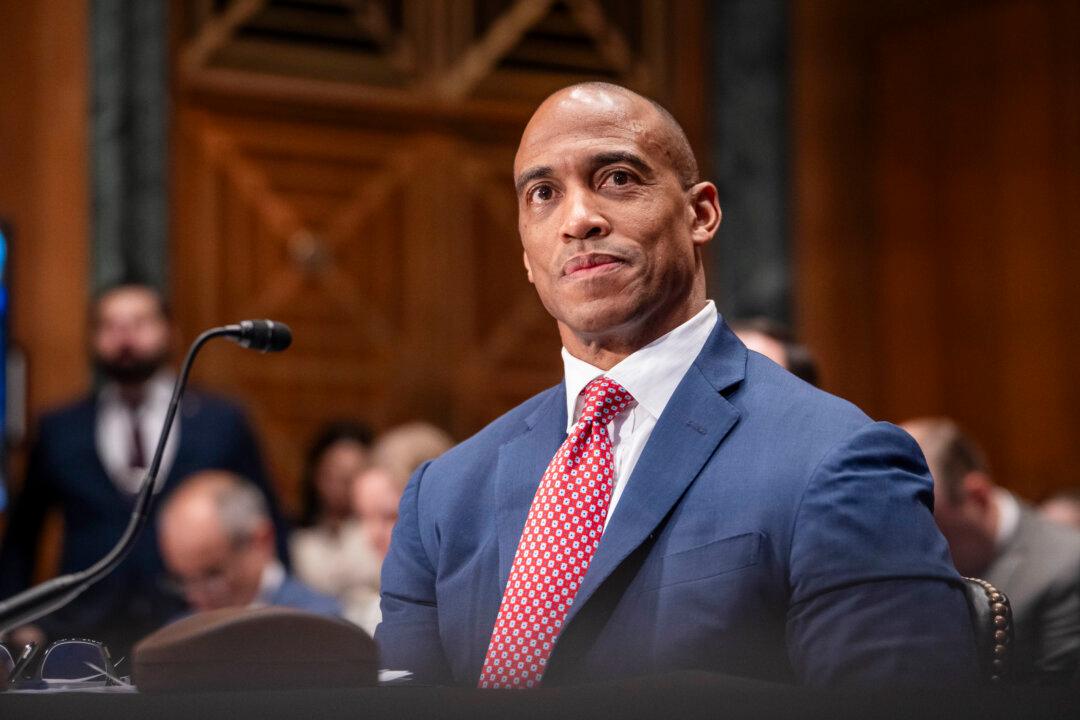Former NFL player Scott Turner described easing housing development “regulatory burdens” as his top priority if he were to lead the U.S. Department of Housing and Urban Development (HUD), during testimony before the Senate Committee on Banking, Housing, and Urban Affairs in Washington on Jan. 16.
Turner’s confirmation hearing largely featured questions on the nation’s current housing affordability and availability crisis. He discussed his commitment to maximizing HUD’s current record-breaking fiscal year 2025 budget of $72.6 billion, ways to reduce housing development costs, and the impacts of illegal immigration on homelessness.





